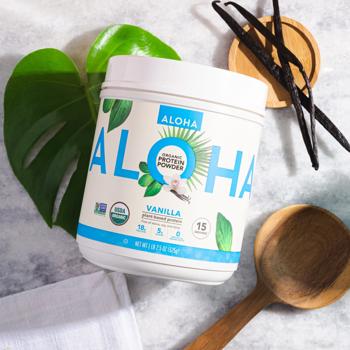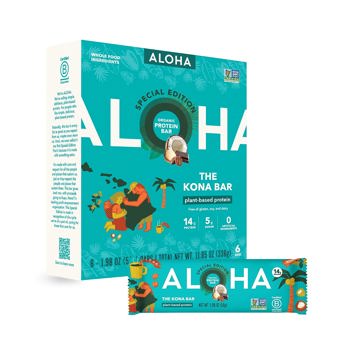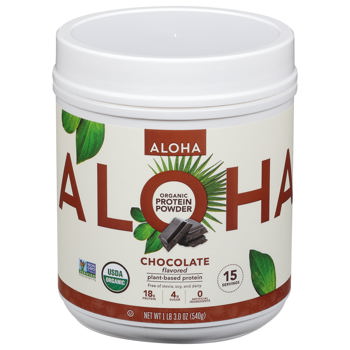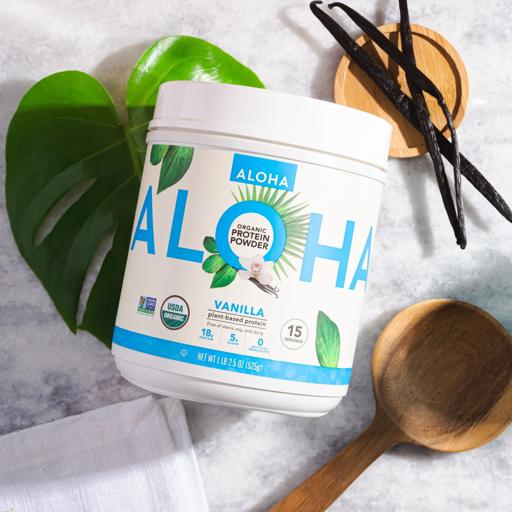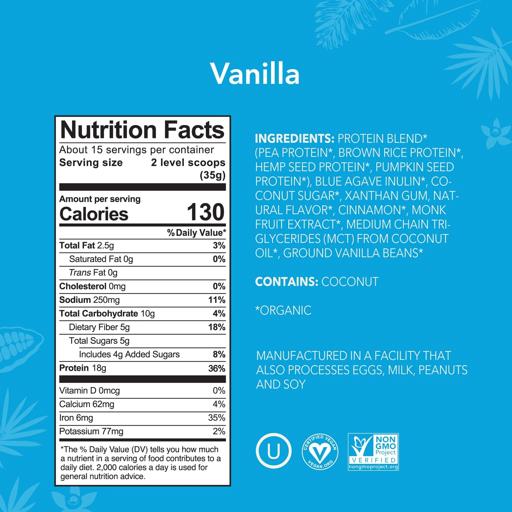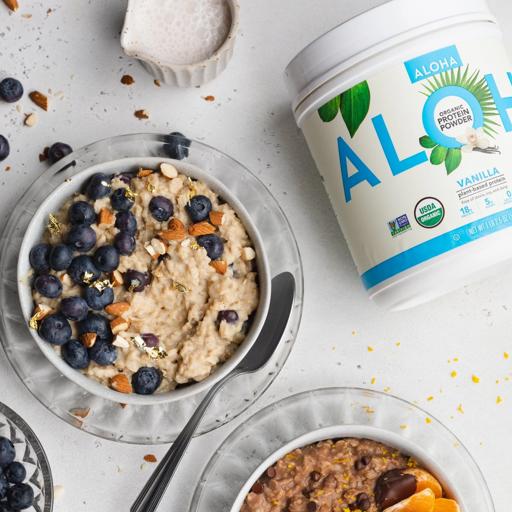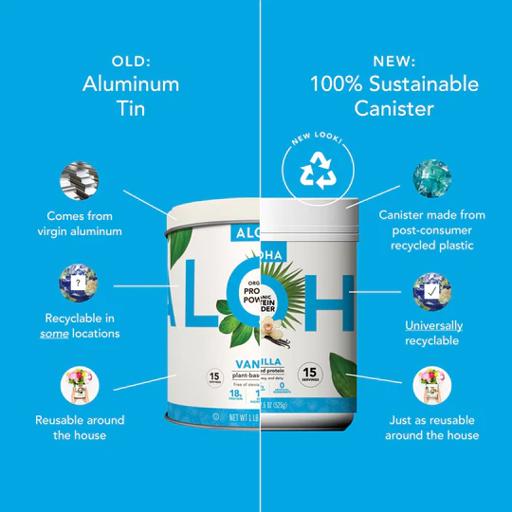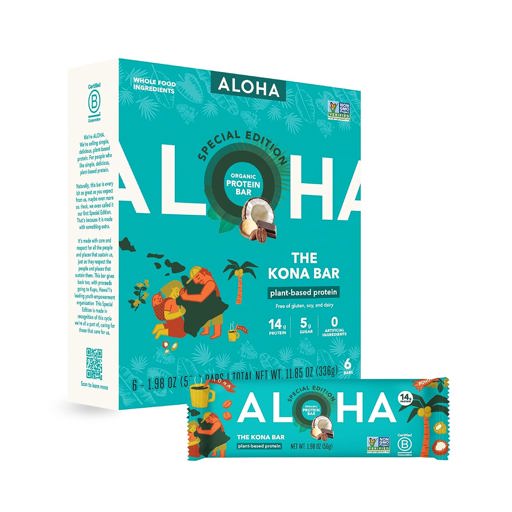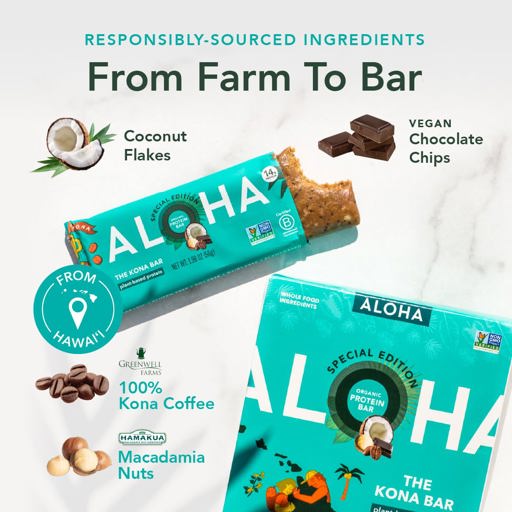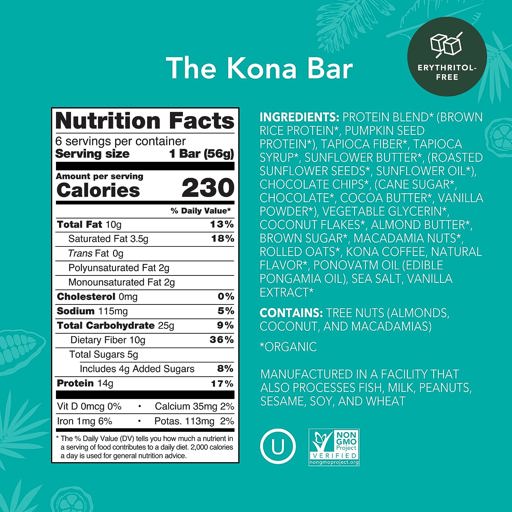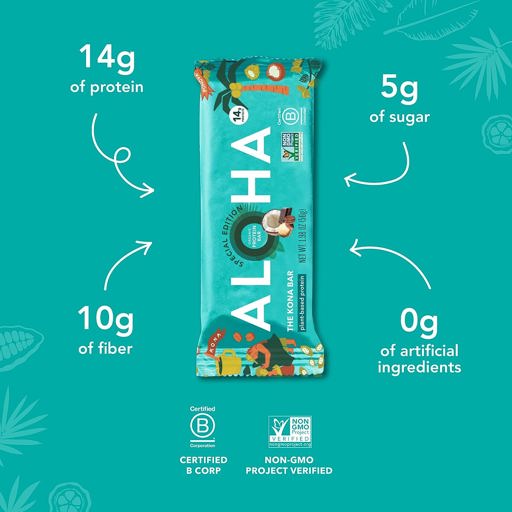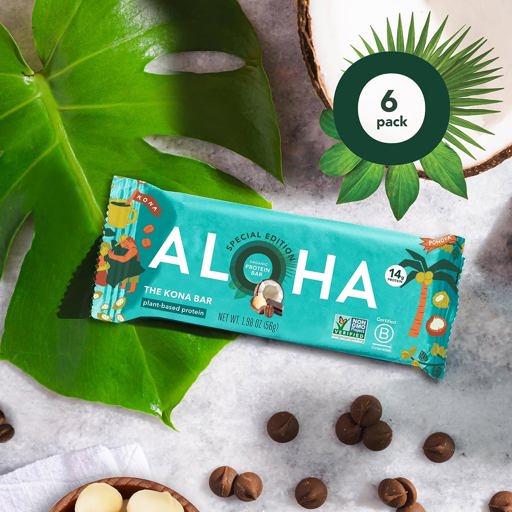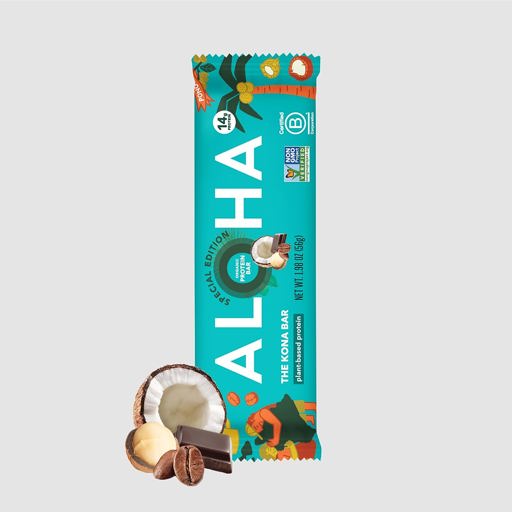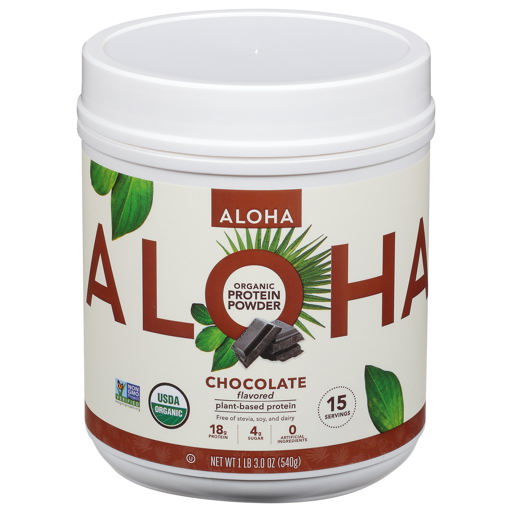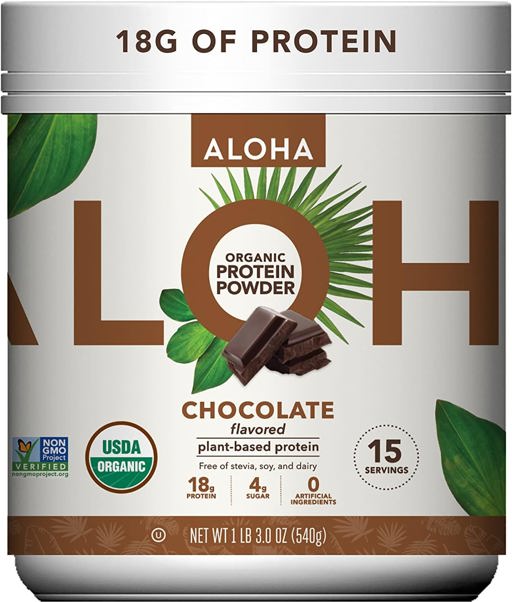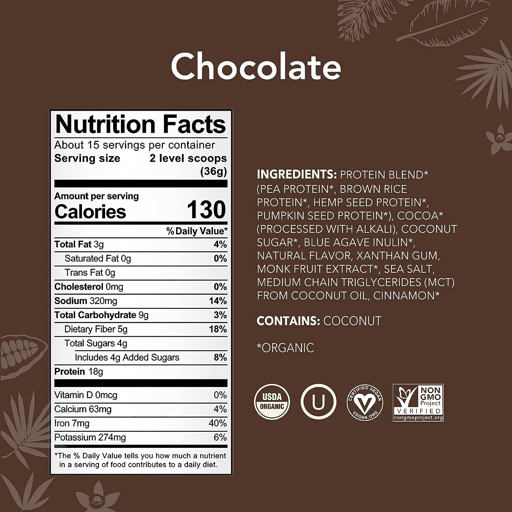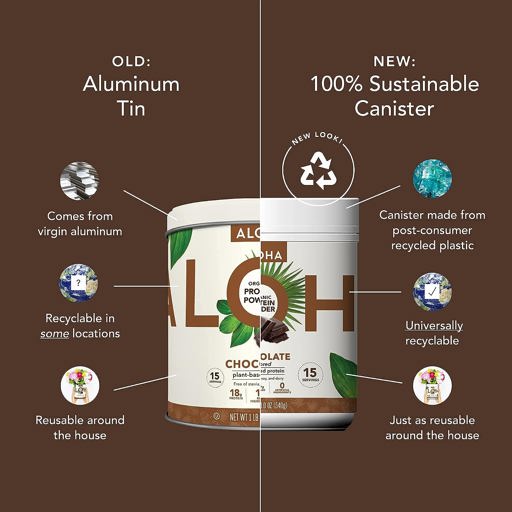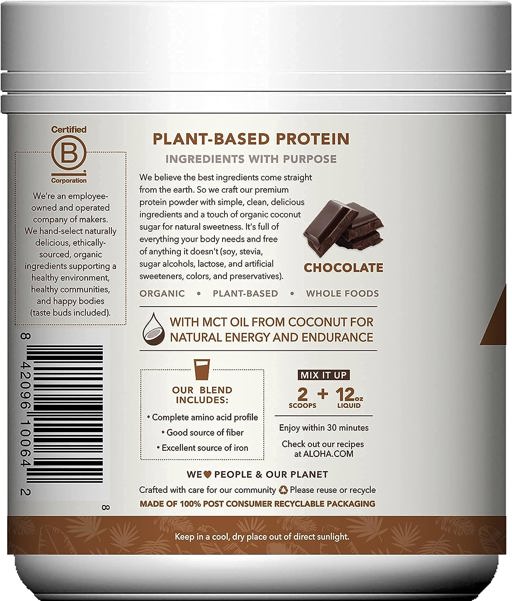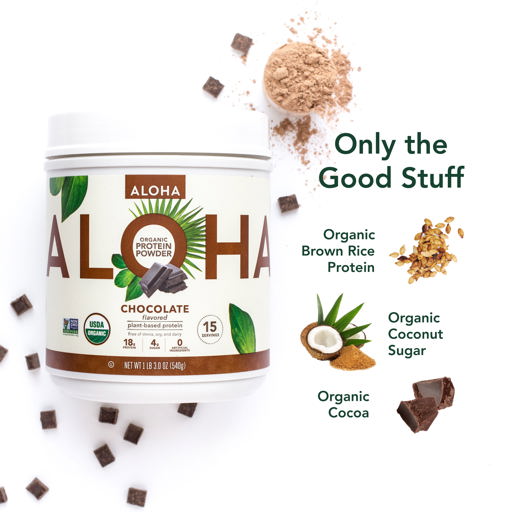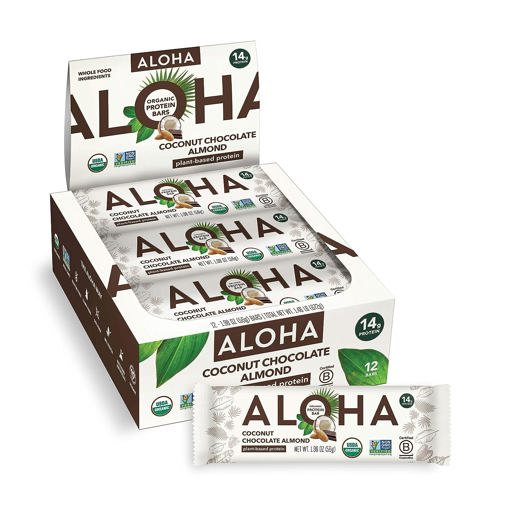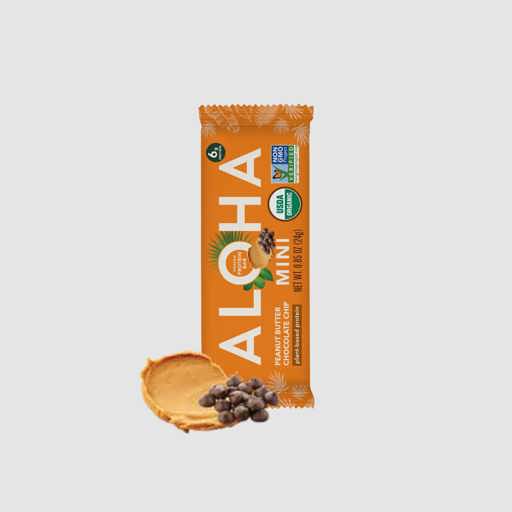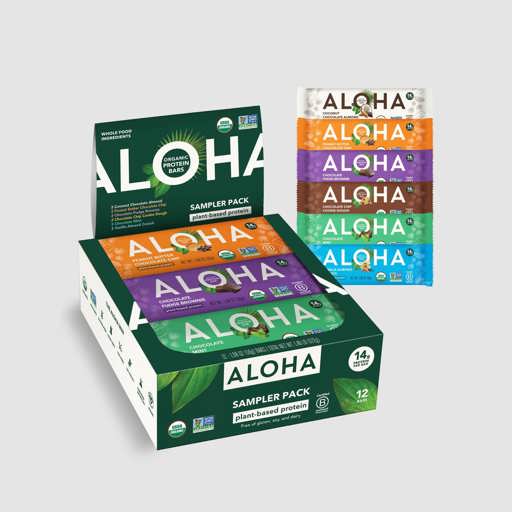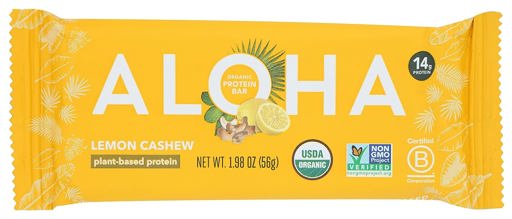Bestsellers for ALOHA Ingredients
Sesame seed oil, a staple in many kitchens around the globe, is more than just a flavorful addition to your meals. It's crafted from tiny sesame seeds through an intricate process that unlocks its nutritional powerhouse. Packed with nutrients and boasting properties that may help fight inflammation, this oil could be a game-changer for health-conscious professionals and parents alike. As we dive into the world of sesame seed oil, let’s explore how it's made, what makes it so nutritious, and why it might just be the secret ingredient you need on your journey to better health.
Understanding Sesame Seed Oil

Sesame seed oil is derived from sesame seeds, known scientifically as Sesamum indicum L., belonging to the Pedaliaceae family. This oil is celebrated for its high nutritional value and has been a part of human diets since ancient times. With a rich content of proteins and lipids, sesame seed oil offers numerous health benefits for those looking for nutritious food options. Its unique composition includes phytochemical antioxidants and a favorable profile of unsaturated fatty acids, making it an essential source of essential fatty acids.
For those seeking to incorporate healthier fats into their diet, sesame seed oil is an excellent option. Its unsaturated fatty acids can play a crucial role in maintaining heart health and supporting healthy cholesterol levels. Additionally, the antioxidants found in sesame seed oil help combat oxidative stress, contributing to its anti-inflammatory properties.
In summary, incorporating sesame seed oil into your diet can offer multiple health benefits, including support for heart health, reduction in inflammation, and provision of essential nutrients. For our ALOHA community striving towards healthier lifestyles, this oil could be a valuable addition to your pantry, helping you achieve your wellness goals with ease and simplicity.
How Sesame Seed Oil Is Made

Sesame seed oil starts as tiny, yet mighty sesame seeds. These seeds are either left raw or toasted before being pressed to extract the oil. This process results in two types of sesame oil: cold-pressed, which is ideal for cooking due to its lighter flavor, and toasted, which has a nutty aroma and taste perfect for seasoning dishes. Each type of oil offers unique benefits to cater to different culinary needs.
Manufacturers use a pressing method to extract the oil from sesame seeds. When raw seeds are pressed, it produces a cold-pressed oil that retains most of the natural nutrients found in the seeds. This type of oil is high in unsaturated fatty acids, making it a heart-healthy option for cooking at low to medium temperatures. On the other hand, pressing toasted sesame seeds yields an oil with enhanced flavor and aroma, adding a rich depth to salads and finished dishes without compromising nutritional value.
In summary, the production of sesame seed oil involves pressing raw or toasted seeds to create oils suited for different culinary uses. Its nutritional profile makes it an excellent choice for health-conscious individuals seeking versatile oils that contribute positively to their diet.
Sesame Seed Oil Nutrition Facts

Sesame seed oil is packed with nutrition, making it an excellent choice for those looking to enhance their diet with healthy fats and antioxidants. A tablespoon of sesame oil contains 124 kilocalories and 14 grams of total fat, including both saturated and unsaturated fats. The unsaturated fats, comprising monounsaturated and polyunsaturated fats, are beneficial for maintaining healthy cholesterol levels and supporting heart health. Additionally, sesame oil is a source of vitamin E and vitamin K1, albeit in small amounts. Vitamin E acts as an antioxidant protecting cells from damage, while vitamin K1 is essential for blood clotting.
For those looking to enrich their diet with nutritious oils, sesame seed oil stands out due to its composition. It's not just about adding flavor; it's about incorporating an oil that supports wellness goals. Whether used in cooking or as a finishing touch on meals, sesame seed oil provides a simple way to add nutritional value without complicating meal preparation.
In addition to healthy fats, sesame oil is a source of vitamin E and vitamin K1. Vitamin E serves as a powerful antioxidant that helps protect cells from damage caused by free radicals, while vitamin K1 plays a vital role in blood clotting. This combination of vitamins contributes to the overall health benefits of incorporating sesame seed oil into your diet.
Nutrition experts highlight the importance of including oils rich in unsaturated fats and antioxidants in our diets. Sesame seed oil stands out due to its unique composition, offering more than just flavor enhancement for meals. It provides essential nutrients that support heart health, reduce inflammation, and contribute to a balanced diet.
Research has identified over 180 phytochemical components in sesame seeds and their oil, including lignans, polyphenols, and phytosterols. These compounds have been shown to offer various health benefits, further emphasizing the nutritional value of sesame seed oil. Studies suggest that the lignan-like active ingredients found in sesame seeds can have positive effects on overall health.
In summary, the nutritional profile of sesame seed oil makes it an attractive option for those seeking healthier dietary choices. Its high content of unsaturated fats, along with vitamins E and K1, and various phytochemicals provide multiple health benefits. By choosing sesame seed oil as part of your daily routine, you're not only enhancing the flavor of your meals but also contributing positively to your overall wellness journey.
Sesame Seed Oil and Inflammation

Sesame seed oil is not only a flavorful addition to meals but also a powerful ally in the fight against inflammation. Scientific studies have shown that components found in sesame oil, such as sesamol and sesamin, can significantly reduce inflammatory markers. This anti-inflammatory activity has been observed both in animal models and in vitro human cell studies, highlighting the oil's potential benefits for reducing inflammation.
For individuals dealing with conditions characterized by inflammation, incorporating sesame seed oil into their diet could offer relief. The oil's ability to maintain capillary patency and promote skin repair further supports its role in managing inflammatory responses. Additionally, research published in the European Journal of Pharmacology and the Journal of Medicinal Food points to sesame oil's effectiveness in reducing atherosclerosis and swelling through its water-soluble components.
Nutrition experts often recommend adding oils with anti-inflammatory properties to one's diet as part of a holistic approach to health. Sesame seed oil fits this recommendation perfectly due to its rich content of bioactive compounds that combat inflammation. For busy professionals and parents looking for simple ways to improve their health, using sesame seed oil in cooking or as a salad dressing can be an easy step towards achieving this goal.
Moreover, the defatted by-product of sesame oil extraction, known as sesame meal, offers additional nutritional benefits. It contains proteins with a balanced amino acid composition, dietary fiber, antioxidants, and lignans. These compounds contribute to the meal's health-promoting effects, making it a valuable addition to the food industry.
In summary, sesame seed oil provides more than just flavor; it offers significant anti-inflammatory benefits that can support overall wellness. By choosing to incorporate this versatile oil into your daily routine, you're taking a step towards reducing inflammation and promoting a healthier lifestyle.
ALOHA's Approach to Seed Oils

At ALOHA, our commitment to health and sustainability guides our choice of ingredients, particularly sesame oil, for its notable health benefits.
Our focus on using sesame oil underscores our dedication to offering products that contribute positively to your well-being. This aligns with our holistic approach, where taste, health, and environmental responsibility converge seamlessly. Through this careful ingredient selection, we aim to provide products that promote a healthier lifestyle without compromising on taste.
FAQ

What is the shelf life of sesame seed oil?
Unopened sesame seed oil can last up to two years when stored in a cool, dark place. Once opened, it's best used within six to nine months for optimal freshness and nutritional quality.
Can I use sesame seed oil for baking?
Yes, sesame seed oil can be used in baking. Its unique flavor might alter the taste of baked goods compared to more neutral oils, making it suitable for recipes where its nutty flavor is desired.
Is sesame seed oil safe for individuals with nut allergies?
Sesame is a seed, not a nut. However, some people with nut allergies might also react to sesame seeds and sesame seed oil. It is recommended to consult with a healthcare provider if there is a known nut allergy.
How does sesame seed oil compare to olive oil in terms of health benefits?
Both sesame seed oil and olive oil are rich in healthy unsaturated fats. Olive oil is higher in monounsaturated fats, while sesame oil contains a balance of both monounsaturated and polyunsaturated fats. Each has unique antioxidants and health benefits, making them both healthy choices when used in moderation.
Can sesame seed oil be used in cold dishes?
Yes, sesame seed oil is excellent for cold dishes, such as salads and dips, adding a rich, nutty flavor.
Is sesame seed oil appropriate for high-heat cooking?
Cold-pressed sesame seed oil has a moderate smoke point and is better suited for low to medium heat cooking. Toasted sesame seed oil, used mainly for its flavor, should be added to dishes after cooking or in dishes cooked at low temperatures to preserve its taste and nutritional value.
Does sesame seed oil contain any protein?
Sesame seed oil is primarily a source of fats and does not contain significant amounts of protein. The sesame seed meal left after oil extraction is a good protein source, however.
Can children consume sesame seed oil?
Yes, children can consume sesame seed oil as part of a balanced diet. However, due to potential allergic reactions, it should be introduced carefully, similar to other allergenic foods. Speak with your child's pediatrician when introducing new foods.
Is sesame seed oil environmentally sustainable?
Sesame seeds are drought-tolerant, often grown in arid regions where few other crops thrive, making them relatively sustainable. The environmental impact of producing sesame seed oil can vary based on farming and production practices.
How does sesame seed oil influence cholesterol levels?
Sesame seed oil contains a mix of polyunsaturated and monounsaturated fats known to support healthy cholesterol levels by reducing LDL (bad) cholesterol and possibly increasing HDL (good) cholesterol.
Are there any countries where sesame seed oil is especially popular?
Sesame seed oil has a long history of use in Asian countries such as China, Japan, and Korea. It's also popular in parts of the Middle East and India.
Can sesame seed oil help with weight management?
While sesame seed oil is high in calories, incorporating it into a balanced diet can contribute to satiety, which might aid in weight management efforts. Moderation is key.
Does sesame seed oil support skin health?
Sesame seed oil has been traditionally used to improve skin health due to its antioxidant properties. It can help moisturize the skin and possibly protect against certain skin conditions, though individual results may vary.
How is toasted sesame seed oil different from regular sesame seed oil?
Toasted sesame seed oil is made from seeds that have been toasted before oil extraction, resulting in a darker oil with a more pronounced flavor, ideal for adding aroma to dishes. Regular (cold-pressed) sesame seed oil is lighter in color and flavor, suitable for cooking and dressing.
Can sesame seed oil be used for hair care?
Yes, sesame seed oil has been traditionally used for hair care. It can be applied to the scalp and hair to add moisture, reduce frizz, and possibly contribute to healthier-looking hair.
ALOHA Buying Guide

Vanilla Protein Powder
ALOHA Organic Plant-Based Protein Powder is a vegan protein powder with 18g of clean, organic, plant-based protein per pouch. It contains 200mg omega-3s and provides an excellent source of magnesium & iron. It is also USDA Certified Organic Non-GMO, Gluten-Free, Dairy-Free, Soy-Free and Vegan.
The ALOHA Organic Plant-Based Protein Powder is an ideal supplement for those looking to promote lean muscle development. Each pouch provides 18g of clean, organic, plant-based protein alongside 200mg of omega 3s and essential minerals such as magnesium and iron. This vegan protein powder is also certified organic by the USDA meaning it contains no preservatives or artificial ingredients. It is also gluten free, dairy free, soy free and vegan friendly! All these features make the ALOHA Organic Plant Based Protein Powder an easy choice for anyone looking for a healthy source of nutrition.
- Organic and Plant-Based ingredients promote a healthier lifestyle
- The delicious Vanilla flavor adds a sweet touch to your protein shakes
- As it is a Protein Powder, it helps in muscle recovery and growth
- A good source of protein for those on a vegan or vegetarian diet
- At 1.14 Pounds (518g), it provides a good quantity that lasts for an extended period
- Packaging is sturdy and ensures the product remains fresh
- The product is easy to mix with water, milk, or any preferred beverage without forming lumps.
The Kona Bar (Pack of 6)
ALOHA's Organic Plant Based Protein Bars are vegan, low sugar, gluten free, paleo friendly and contain 14 grams of USDA organic plant-based protein.
The ALOHA Organic Plant Based Protein Bars are a delicious and healthy snack option. They are made with local ingredients from Hawai’i such as 100% Kona Coffee, 100% Hawai’i-grown Macadamia Nuts and Ponova oil from O'ahu's North Shore. The bars contain 14 grams of USDA organic plant-based protein as well as 10g of fiber and only 5g of sugar per bar, making them an excellent choice for those looking for a nutritious snack. Furthermore, the bars are vegan, Non-GMO, gluten free snacks that are Soy-Free, Dairy-Free and Stevia-Free. Finally, 10% of proceeds from the bars will be donated to Kupu to support agricultural education programs in Hawaii – a nice touch!
- Organic Plant Based Protein: Consumers love the fact that these bars are made from organic plant-based protein, making them a great source of protein for vegans and vegetarians.
- Special Edition Kona Flavor: The unique Kona flavor is a hit among customers, who appreciate the novelty and taste of this special edition.
- Low Sugar: Customers appreciate that these bars are low sugar, making them a healthier snack option.
- Gluten Free and Paleo: These bars are gluten free and paleo, which fits perfectly into the dietary needs of many consumers.
- Non-GMO: The fact that these bars are Non-GMO is highly valued by consumers who are careful about their food choices.
- Free from Stevia, Soy and Erythritol: Customers value the absence of Stevia, Soy and Erythritol in these bars, making them a clean eating option.
- Low Carb: The low carb count is appreciated by customers who are watching their carbohydrate intake or following a keto diet.
Chocolate Protein Powder
Plant-Based Protein Powder with Organic Chocolate, Keto Friendly, Vegan, Gluten Free, Non-GMO, Stevia Free & Erythritol Free, Soy Free, Dairy Free and Only 4g Sugar.
This Plant-Based Protein Powder is an excellent choice for those looking for a healthy and delicious way to get their daily protein intake. It is vegan and contains no soy or dairy meaning it can be enjoyed by most dietary restrictions. Plus it is keto friendly with only four grams of sugar per serving! It also contains MCT oil giving it a boost of natural energy that will keep you going throughout the day. Finally, this product is free from both stevia and erythritol making it a great choice for those who want to avoid artificial sweeteners.
- Plant-Based: The protein powder is vegan-friendly, making it suitable for those following a plant-based lifestyle.
- Keto Friendly: With MCT Oil included, it is ideal for those on a ketogenic diet.
- Low Sugar: Containing only 4g of sugar, it's an excellent option for people looking to limit their sugar intake.
- Gluten and Soy Free: This product is perfect for those with dietary restrictions as it's free from gluten and soy.
- Dairy Free: Being dairy-free makes it an excellent choice for lactose-intolerant individuals or those avoiding dairy.
- Non-GMO: The protein powder is non-GMO, indicating a commitment to natural ingredients and health.
- Free from Stevia and Erythritol: This product does not contain stevia or erythritol, making it a great choice for those who prefer to avoid these sweeteners.

